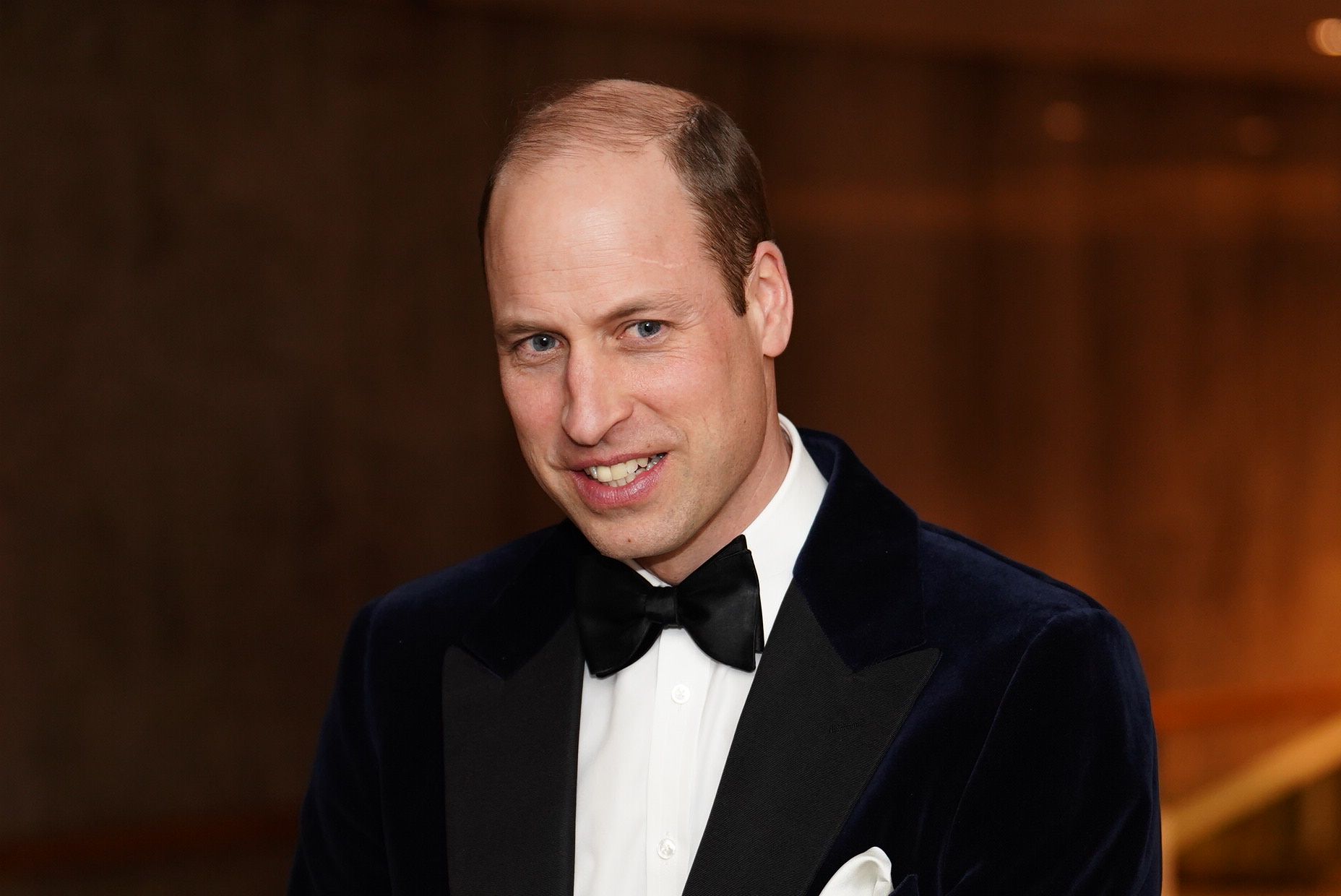In a year marked by personal challenges and significant public responsibilities, Prince William’s annual salary has been revealed, bringing him and Princess Catherine back into the spotlight.
The Duke and Duchess of Cornwall, who have been navigating a period of intense public and private scrutiny, are now in the news due to the substantial income they receive from the Duchy of Cornwall.
According to the Duchy’s annual report, the estate, which encompasses approximately 129,000 acres and is valued at around $1.4 billion, generated a revenue surplus of $23.6 million for the fiscal year 2023-2024.
This surplus, amounting to roughly $3.4 million, is used to fund the official and charitable activities as well as the private lives of Prince William, Catherine, and their three children—Prince George, Princess Charlotte, and Prince Louis.
This surplus effectively functions as Prince William’s salary, which he voluntarily pays income taxes on. The exact amount of taxes paid was not disclosed in the report.
For the first time this year, Prince William and Catherine have received the full annual surplus amount. Last year, William received approximately £6 million from the Duchy due to his accession as Duke of Cornwall following the death of Queen Elizabeth II. This sum was adjusted as the Duchy retained an extra proportion for the estate’s day-to-day operations.
The financial details of the Duchy of Cornwall often spark public debate due to its historical origins and the inherited nature of the estate. Despite not being classified as public money, the estate’s significant property holdings and financial assets frequently become a topic of discussion. The Duchy holds over $1 billion in property across 52,200 hectares and financial assets amounting to approximately $129 million.

Born on June 21, 1982, at St Mary’s Hospital in London, Prince William is the eldest son of Charles, Prince of Wales, and the late Princess Diana. His birth marked a historic moment as he was the first child of the Prince and Princess of Wales in nearly eight decades, following the birth of Prince George in 1905. His arrival was celebrated by the royal family and the people of the United Kingdom.
As Prince William continues to take on more responsibilities, including the potential role of Regent if his father’s condition were to worsen, there is speculation about Catherine’s future role. If William becomes King, Catherine will likely be known as Queen Consort, providing both moral and practical support to the monarch. The role of Queen Consort is traditionally held by the spouse of the reigning king and retains its title regardless of the husband’s status.
Regarding potential future names for Prince William should he ascend the throne, there is speculation he might choose to retain his given name as King William V. Historical precedents show that some royals opt to use their first names or change them upon coronation.
For instance, William’s great-grandfather, King George VI, was originally named Albert Frederick Arthur George but chose the regal name George to honor his father and ensure continuity.
During a recent Zoom interaction, a child curiously asked Prince William what name he might choose if he became king, reflecting public interest in the potential future title. While Prince William declined to comment on this specific query, the question underscores ongoing public fascination with royal titles and succession.
As the Duke and Duchess of Cornwall prepare for their upcoming roles and responsibilities, the revelation of their annual income provides a glimpse into the financial aspects of their royal duties and highlights the ongoing public interest in the British royal family.
